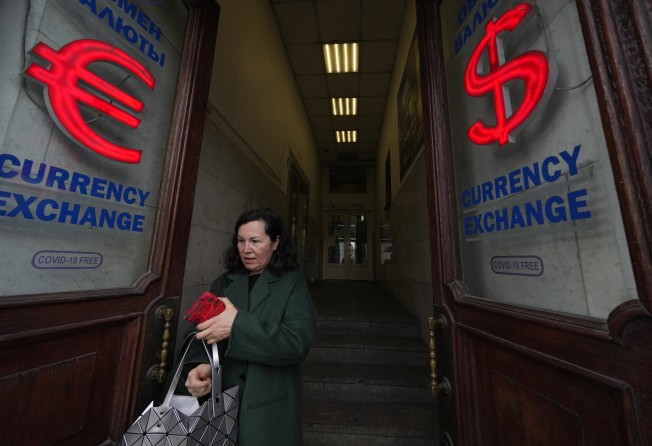Macroscope | Why it is in US interests to give up its dollar privilege to forge a more neutral financial order
- A system in which the global financial commons can be weaponised by the dominant power may favour the US now, but not when it slips from its perch
- American industry and people are also paying a price for their country to maintain its exorbitant privilege

Much ink has been spilled speculating over the longer-term consequences for the US dollar of the unprecedented financial sanctions imposed on Russia in the wake of military action in Ukraine. Will it lead the world to de-dollarise? And will it contribute to greater international adoption of the renminbi?
Perhaps. But these lines of discussion miss a more profound point: what do we risk by weaponising the global financial commons?
Print option is available for subscribers only.
SUBSCRIBE NOW